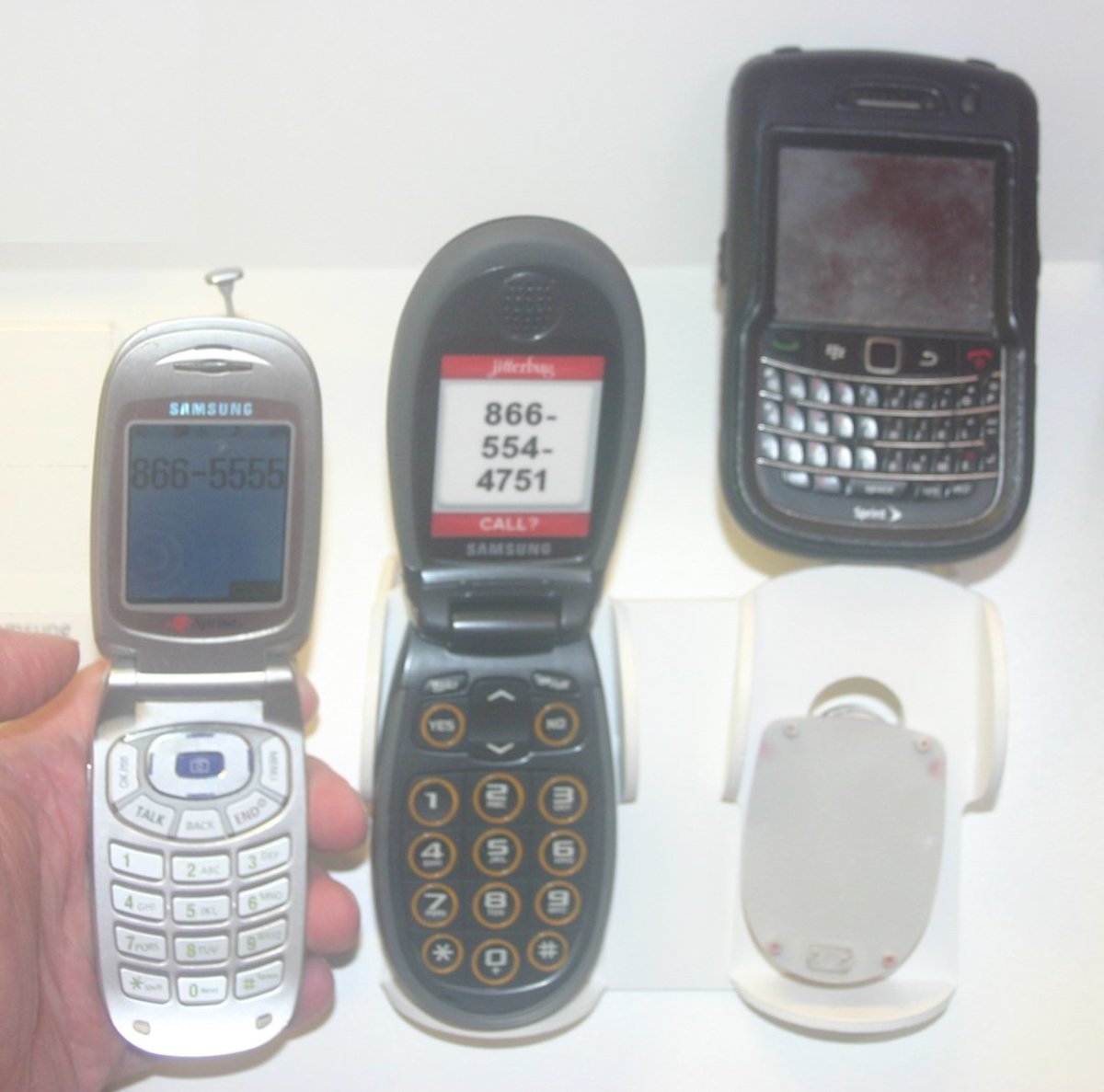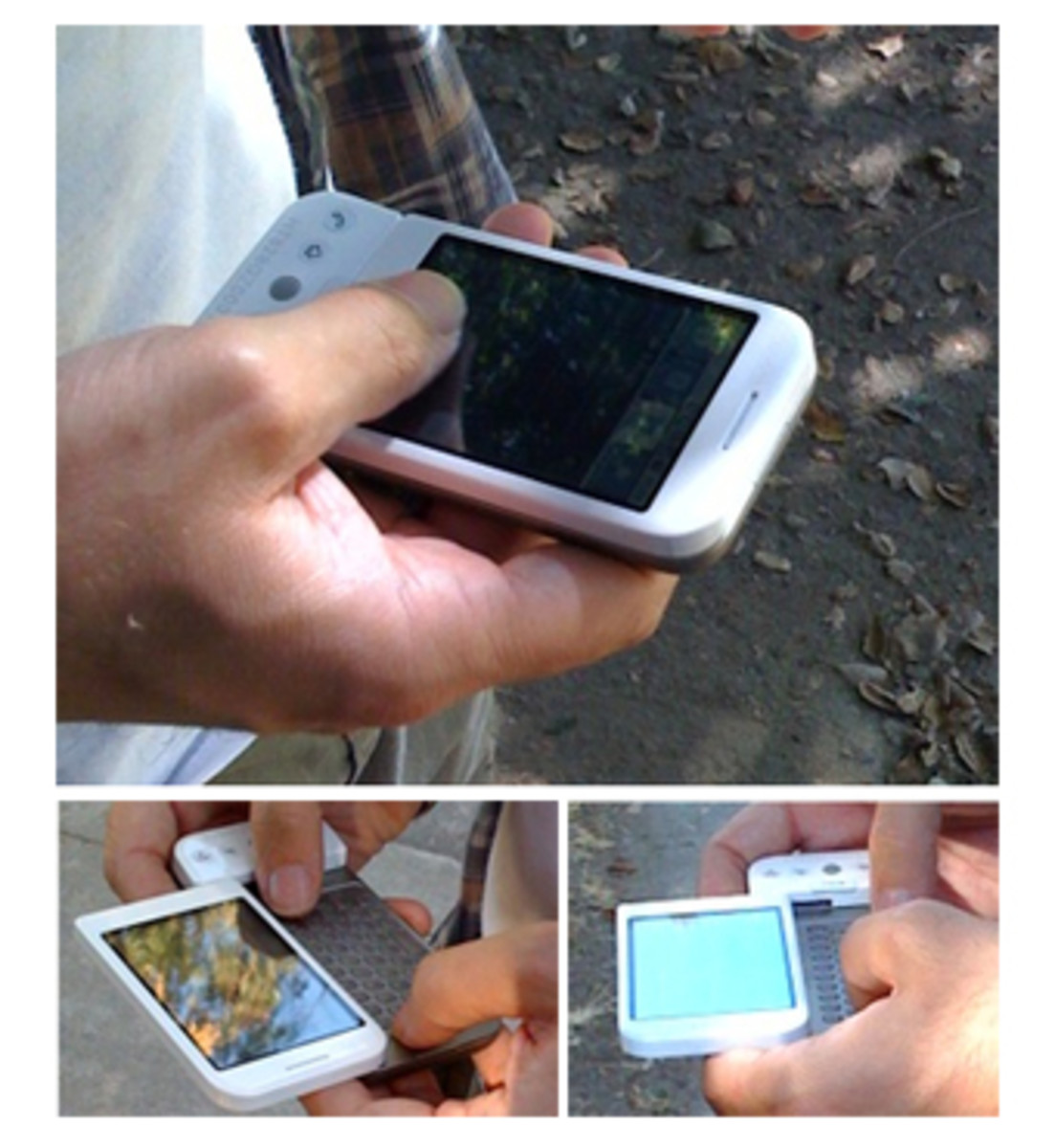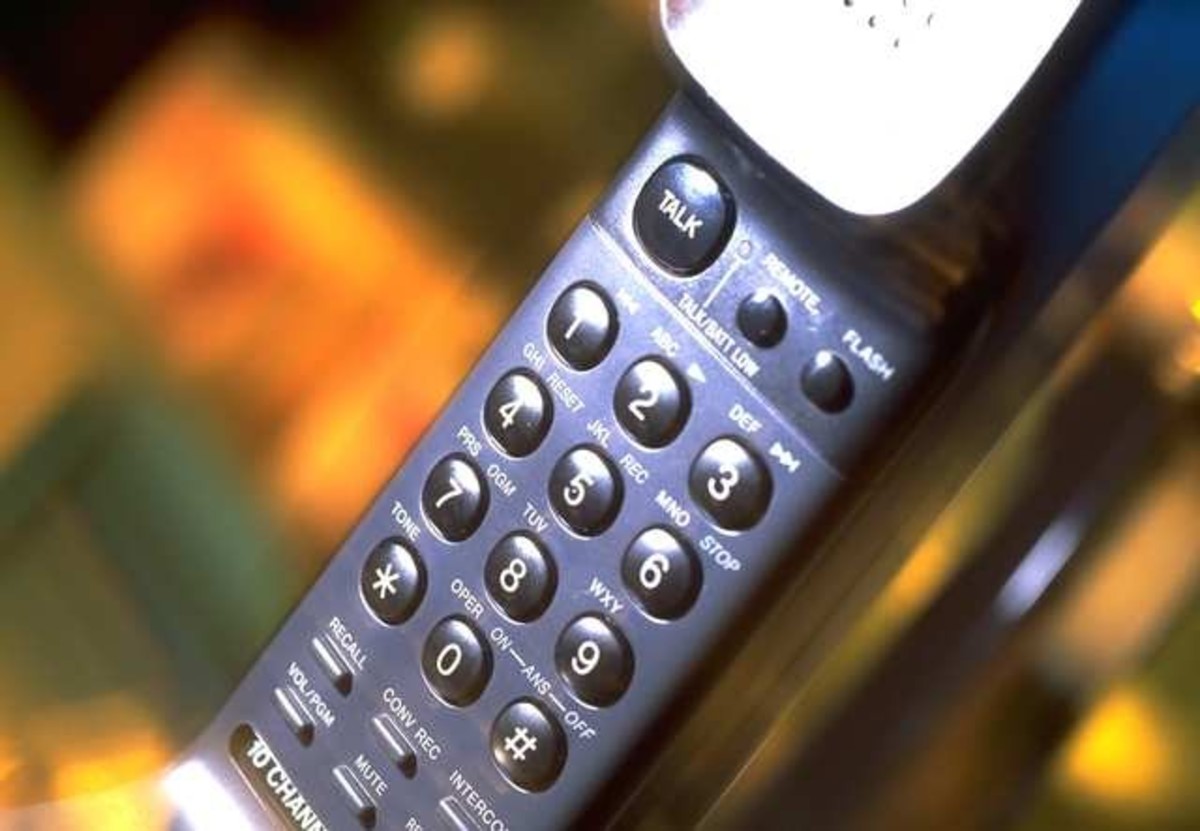Is a Cell Phone Protected from Warrantless Searches?
So far, at least in many courts across the USA, there is no answer that is constant. The Courts cannot even agree if there's a reasonable expectation of privacy in text messages that would trigger the Fourth Amendment protection.
The Privacy Act of 1986 regulates how government can monitor digital communications and agencies have used it to permit warrantless surveillance of cellphone data. Unless amended, police can obtain email or whatever is on the cellphone without a warrant, which requires probable cause. When the law was created, cellphones did not carry the variety of personal and financial information, in fact, they were dumb phones. Today's cellphones can tell anyone loads of information about the owner, their location and much more.
Is a cellphone a container of data? Like a suitcase that requires a warrant to open and search. In 2011 alone, cell carriers have responded to 1.3 million demands from law enforcement agencies for text messages and other data about subscribers. Police ask the companies for location data of criminals. Is a trail of where you go in your cell phone private? Police state that cellphone users have no privacy over signals transmitted from an cellphone to a communication tower because it is third party. California almost passed a law stating that police need to get a warrant before demanding locations records from cellphone carriers, but it failed.
How do you feel about it?








